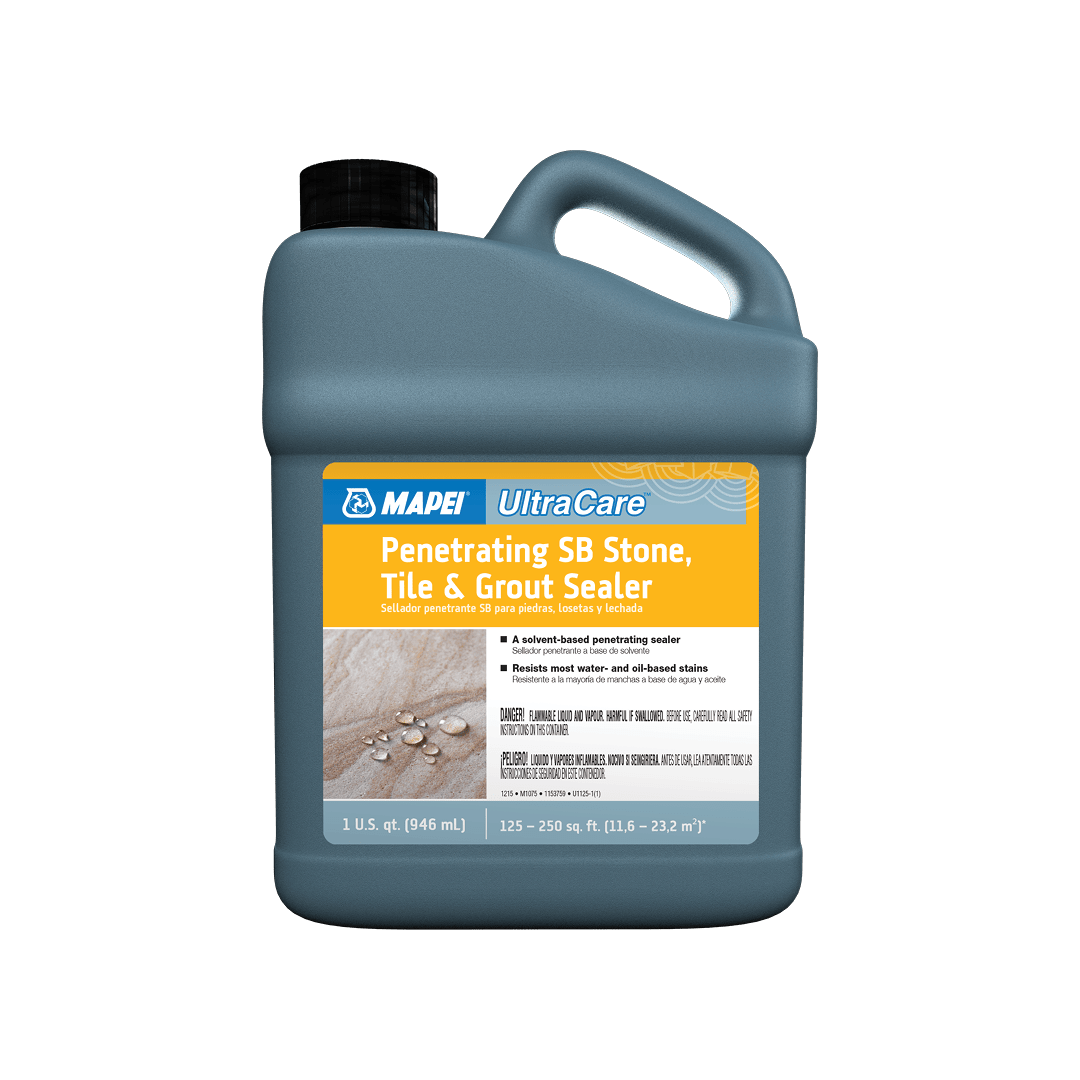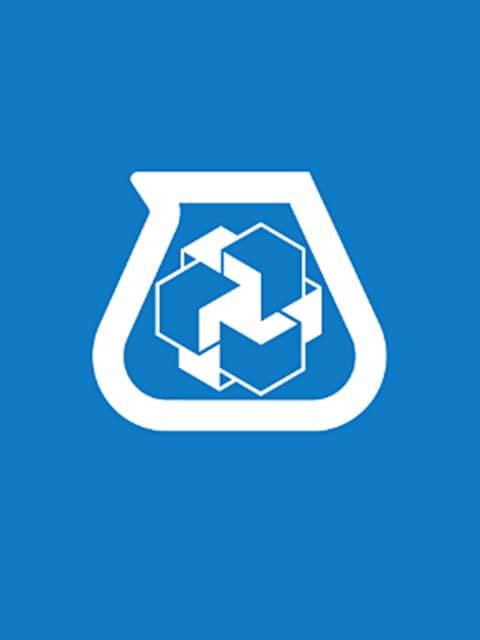 Browse by PRODUCT LINES
Browse by PRODUCT LINES
 All product lines
All product lines
 Search products
Search products
 In the spotlight
In the spotlight
Among the benefits of ceramic tile are resistance to weather, chemicals and wear. One of the heartiest types of tile is unglazed quarry tile (sometimes also referred to as klinker tile). You are probably familiar with quarry tile in restaurants; it is often found in the kitchen, bathrooms and sometimes the eating areas. However, quarry tile is also used in applications such as breweries, food-processing facilities and dairies because it holds up well in these harsh cleaning environments. Quarry tile is manufactured using an extrusion process. Below are some tips and tricks for a successful installation in commercial kitchens that may help an installer more familiar with installing porcelain tiles.
Why quarry in a commercial kitchen?
Quarry tile is often specified for commercial kitchen flooring due to its cleanability, slip resistance and longevity. Downtime in a commercial kitchen to replace flooring can be costly and properly installed quarry tile can last for decades. Most often, it is used in conjunction with specialized epoxy grouts such as MAPEI's Kerapoxy IEG CQ to form a chemically resistant, sanitary floor. This is a floor that can be readily cleaned to remove bacteria and food buildup. Often, the tile includes abrasive grains or ridges to improve the traction of workers in greasy or wet environments.
Surface prep
Before the installation begins, there is often trenching required for locating drain and water lines. Floors are often not flat and require leveling or patching as well. MAPEI makes a variety of surface-preparation products to address substrate imperfections that are outside the scope of this blog post; your MAPEI salesperson can guide you to the correct solution for your situation. If the floor is not slab on grade or shares a wall with an area that needs to stay dry, a waterproofing layer should be incorporated as well. Our Mapelastic AquaDefense is often used for this purpose.
Installation
Factor in a minimum of a 3/8" (10-mm) grout joint when preparing the layout for natural quarry tile. Because quarry tile weighs more than 5 pounds per square foot, it is covered by the requirements for large and heavy tiles. A mortar with an “H” rating should be used, such as MAPEI's Ultraflex LFT. For environments that must be returned to service quickly, a rapid- setting product such as Granirapid System should be considered. Typically, a 1/4" x 3/8" (6 x 10 mm) trowel is used; be sure to back-butter the tiles for full contact. Often, there is heavy equipment sitting on or rolling over the floor; full contact with the mortar is critical.
Grouting
Modern epoxy grouts are much easier to work with than their ancestors. Kerapoxy IEG CQ was formulated to be easy to clean, stand up to harsh cleaners and use colored quartz instead of pigments to minimize staining of the tile. With that said, the most common issue we hear about with commercial kitchens is the presence of epoxy grout haze. The use of a grout release before grouting can save call backs and haze issues after the installation is complete. Mix the entire unit of Kerapoxy IEG CQ and do not try to mix partial batches. Heat makes epoxy set faster and epoxy generates its own heat as it cures — distributing the grout on the floor in small piles after mixing can extend the working time. Grout with a hard rubber float and use lots of water when cleaning up. Some installers report that an ounce of dishwashing liquid in the first bucket of wash water can help as well. MAPEI packs a white scrubbing pad in each unit of Kerapoxy IEG CQ; use it to break up the grout haze on the tile surface during cleaning. Wipe diagonally with a grouting sponge wrung in clean water and then finish up with a micro-fiber cloth pulled across the tile.
Maintenance
Maintaining a commercial kitchen can be facilitated by sealing the tile after installation. It is not required for quarry tile, but it can be done as an extra layer of protection. Water-based sealers can sometimes sit on the top of dense tiles such as quarry tile and form a whitish film. MAPEI recommends our UltraCare Penetrating SB Stone, Tile & Grout Sealer for quarry tile. For daily cleaning, commercial kitchens often use enzymatic cleaners. MAPEI advocates rinsing enzymatic cleaners with clean water daily to remove the cleaner, as well as food particles and grease. Failure to do so can, over time, degrade epoxy grouts.
Quarry tile and epoxy grout are a great choice for commercial kitchens or anywhere harsh cleaning takes place. With the basic pointers above and some experience, this type of installation should be achieved with a minimum of issues and will keep the kitchen running safely and smoothly for many years to come. If you have questions about which MAPEI products are right for your situation, contact us and we will talk you through the options. Check out https://whytile.com for more commercial-kitchen inspiration.






Technical Services at 1-800-992-6273
Customer Service at 1-800-426-2734 (1-800-42-MAPEI)
Comments
Load more comments